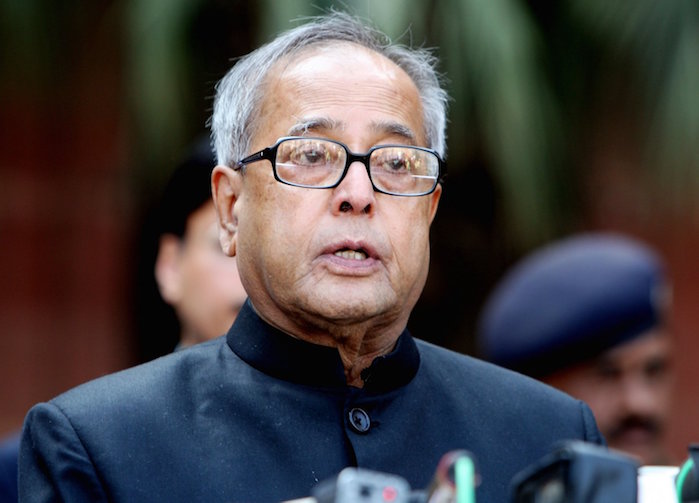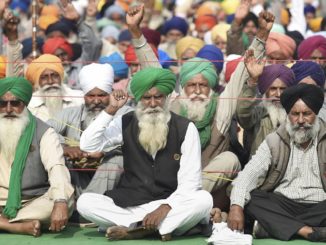
New Delhi (TIP)- In a landmark verdict, the Supreme Court on Tuesday, August 13, ruled that “bail is the rule and jail is an exception” principle was applicable even to special laws, including anti-terror laws such as the Unlawful Activities (Prevention) Act, 1967, which contains stringent provisions making it difficult for an accused to get bail. “Bail is the rule and jail is an exception” is a settled law. Even in a case like the present case where there are stringent conditions for the grant of bail in the relevant statutes, the same rule holds good with only modification that the bail can be granted if the conditions in the statute are satisfied,” a Bench led by Justice Abhay S Oka said granting bail to an accused under the UAPA.
“The rule also means that once a case is made out for the grant of bail, the court cannot decline to grant bail. If the courts start denying bail in deserving cases, it will be a violation of the rights (including right to speedy trial) guaranteed under Article 21 of our Constitution,” said the Bench, which also included Justice Augustine George Masih.
“When a case is made out for a grant of bail, the courts should not have any hesitation in granting bail. The allegations of the prosecution may be very serious. But, the duty of the courts is to consider the case for grant of bail in accordance with the law,” it said.
It ordered the release of accused Jalaluddin Khan, saying: “There is nothing in the chargesheet which shows that the appellant has taken part in or has committed unlawful activities as defined in the UAPA. There is no specific material to show that the appellant advocated, abetted or incited commission of any unlawful activities…The trial has not made any progress.”
The verdict came weeks after another SC Bench led by Justice JB Pardiwala ruled that a terror accused facing trial under the stringent provisions of the UAPA can be released on bail, if the trial moves at snail’s pace.
“This court has, time and again, emphasised that the right to life and personal liberty enshrined under Article 21 of the Constitution of India is overarching and sacrosanct. A constitutional court cannot be restrained from granting bail to an accused on account of restrictive statutory provisions in a penal statute if it finds that the right of the accused-undertrial under Article 21 of the Constitution has been infringed,” the top court had said on July 19.
“In that event, such statutory restrictions would not come in the way. Even in the case of interpretation of a penal statute, howsoever stringent it may be, a constitutional court has to lean in favour of constitutionalism and the rule of law of which liberty is an intrinsic part,” it had said. On Tuesday, August 13, the top court said the Special Court and the High Court did not consider the material in the chargesheet objectively, perhaps because the focus was more on the activities of PFI, and therefore, the appellant’s case could not be properly appreciated.
Khan, a retired police constable, was arrested on July 12, 2022 for allegedly harbouring suspected terrorists, a day after the Bihar Police raided the first floor of Ahmad Palace, owned by his wife, and recovered/seized certain incriminating articles and documents relating to Popular Front of India (PFI). There was no reason to reject Khan’s bail application, the top court said, allowing his appeal.
Source: TNS





Be the first to comment